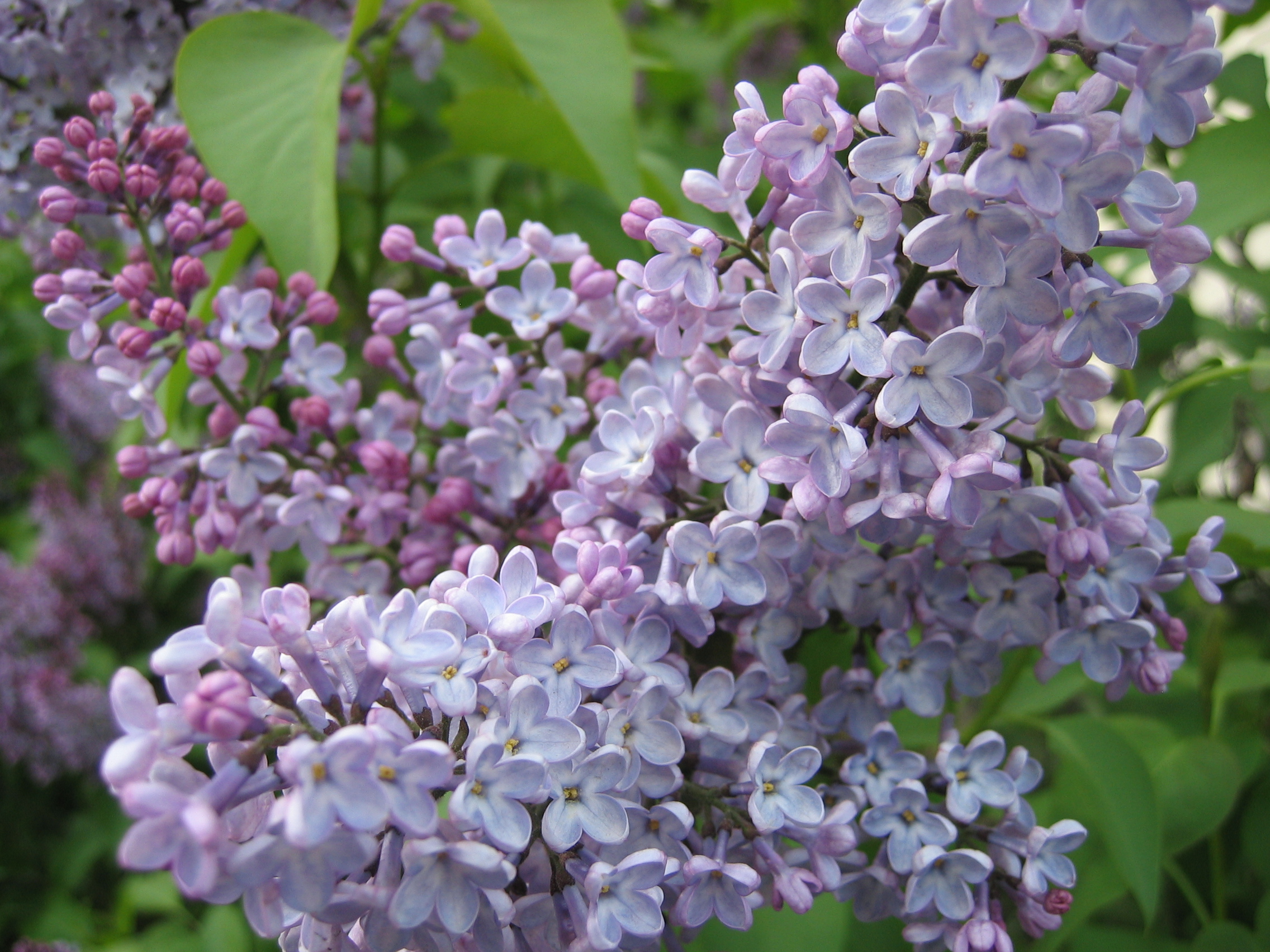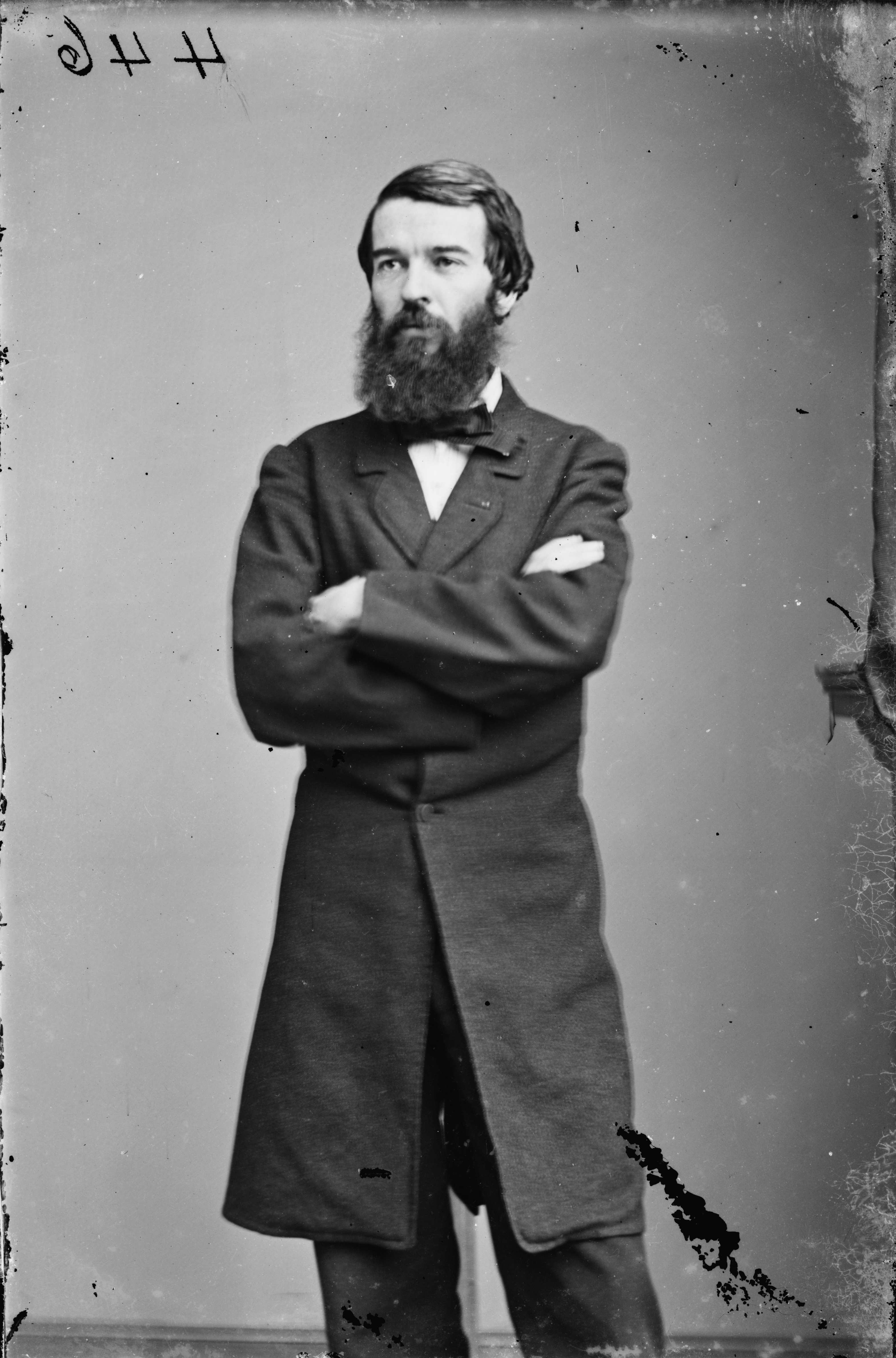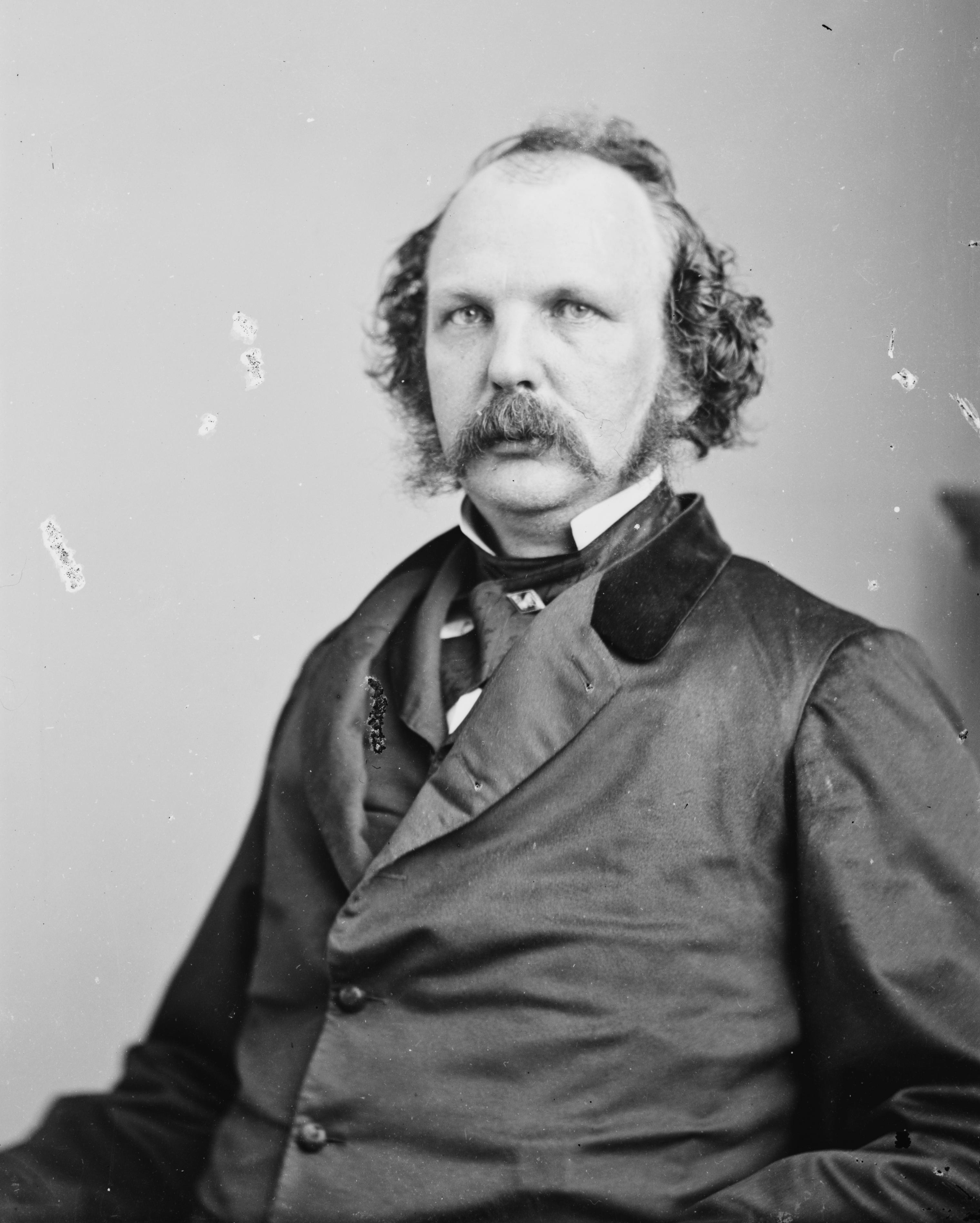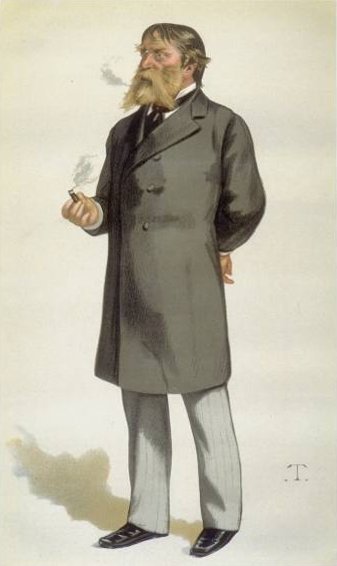|
1865 In Poetry
Nationality words link to articles with information on the nation's poetry or literature (for instance, Irish or France). Events Works published in English United Kingdom * Matthew Arnold, ''Essays in Criticism, First Series'', including "The Function of Criticism at the Present Time" * Robert Browning, ''Poetical Works: Fourth Edition'' * Robert Williams Buchanan, "The Session of the Poets," an attack on Algernon Charles Swinburne, published in ''The Spectator'' * Lewis Carroll, '' Alice's Adventures in Wonderland'', children's novel, including the prefatory poem " All in the golden afternoon..." and a number of nonsense verses * Arthur Hugh Clough, ''Letters and Remains of Arthur Hugh Clough'', including ''Dipsychus'' (see also ''Poems and Prose'' 1869), posthumously published * Samuel Ferguson, ''Lays of the Western Gael'' * Mary Wright Sewell, ''Mother's Last Words: a ballad'' * Algernon Charles Swinburne: ** ''Atalanta in Calydon'' ** ''Chastelard'' United States * Thom ... [...More Info...] [...Related Items...] OR: [Wikipedia] [Google] [Baidu] |
Irish Poetry
Irish poetry is poetry written by poets from Ireland. It is mainly written in Irish and English, though some is in Scottish Gaelic and some in Hiberno-Latin. The complex interplay between the two main traditions, and between both of them and other poetries in English and Scottish Gaelic, has produced a body of work that is both rich in variety and difficult to categorise. The earliest surviving poems in Irish date back to the 6th century, while the first known poems in English from Ireland date to the 14th century. Although there has always been some cross-fertilization between the two language traditions, an English-language poetry that had absorbed themes and models from Irish did not finally emerge until the 19th century. This culminated in the work of the poets of the Irish Literary Revival in the late 19th and early 20th century. Towards the last quarter of the 20th century, modern Irish poetry tended to a wide range of diversity, from the poets of the Northern school t ... [...More Info...] [...Related Items...] OR: [Wikipedia] [Google] [Baidu] |
Fitz-Greene Halleck
Fitz-Greene Halleck (July 8, 1790 – November 19, 1867) was an American poet and member of the Knickerbocker Group. Born and raised in Guilford, Connecticut, he went to New York City at the age of 20, and lived and worked there for nearly four decades. He was sometimes called "the American Byron". His poetry was popular and widely read but later fell out of favor. It has been studied since the late twentieth century for its homosexual themes and insights into nineteenth-century society. In 1832, Halleck, a cultural celebrity, started working as personal secretary and adviser to the philanthropist John Jacob Astor, who appointed him as one of the original trustees of the Astor Library. Given an annuity by Astor's estate, in 1849 Halleck retired to Guilford, where he lived with his sister Marie Halleck for the remainder of his life. Biography Early life Fitz-Greene Halleck was born on July 8, 1790, in Guilford, Connecticut, in a house at the corner of Whitfield and Water S ... [...More Info...] [...Related Items...] OR: [Wikipedia] [Google] [Baidu] |
When Lilacs Last In The Dooryard Bloom'd
"When Lilacs Last in the Dooryard Bloom'd" is a long poem written by American poet Walt Whitman (1819–1892) as an elegy to President Abraham Lincoln. It was written in the summer of 1865 during a period of profound national mourning in the aftermath of the president's assassination on 14 April of that year. The poem, written in free verse in 206 lines, uses many of the literary techniques associated with the pastoral elegy. Despite being an expression to the fallen president, Whitman neither mentions Lincoln by name nor discusses the circumstances of his death in the poem. Instead, he uses a series of rural and natural imagery including the symbols of the lilacs, a drooping star in the western sky (Venus), and the hermit thrush, and he employs the traditional progression of the pastoral elegy in moving from grief toward an acceptance and knowledge of death. The poem also addresses the pity of war through imagery vaguely referencing the American Civil War (1861–1865), which ... [...More Info...] [...Related Items...] OR: [Wikipedia] [Google] [Baidu] |
O Captain! My Captain!
"O Captain! My Captain!" is an extended metaphor poem written by Walt Whitman in 1865 about the death of U.S. president Abraham Lincoln. Well received upon publication, the poem was Whitman's first to be anthologized and the most popular during his lifetime. Together with " When Lilacs Last in the Dooryard Bloom'd", "Hush'd Be the Camps To-day", and "This Dust was Once the Man", it is one of four poems written by Whitman about the death of Lincoln. During the American Civil War, Whitman moved to Washington, D.C., where he worked for the government and volunteered at hospitals. Although he never met Lincoln, Whitman felt a connection to him and was greatly moved by Lincoln's assassination. "My Captain" was first published in ''The Saturday Press'' on November 4, 1865, and appeared in ''Sequel to Drum-Taps'' later that year. He later included it in the collection '' Leaves of Grass'' and recited the poem at several lectures on Lincoln's death. Stylistically, the poem is un ... [...More Info...] [...Related Items...] OR: [Wikipedia] [Google] [Baidu] |
Assassination Of Abraham Lincoln
On April 14, 1865, Abraham Lincoln, the 16th president of the United States, was assassinated by well-known stage actor John Wilkes Booth, while attending the play '' Our American Cousin'' at Ford's Theatre in Washington, D.C. Shot in the head as he watched the play, Lincoln died the following day at 7:22 am in the Petersen House opposite the theater. He was the first U.S. president to be assassinated, with his funeral and burial marking an extended period of national mourning. Occurring near the end of the American Civil War, Lincoln's assassination was part of a larger conspiracy intended by Booth to revive the Confederate cause by eliminating the three most important officials of the United States government. Conspirators Lewis Powell and David Herold were assigned to kill Secretary of State William H. Seward, and George Atzerodt was tasked with killing Vice President Andrew Johnson. Beyond Lincoln's death, the plot failed: Seward was only wounded, and ... [...More Info...] [...Related Items...] OR: [Wikipedia] [Google] [Baidu] |
Sequel To Drum-Taps
''Sequel to Drum-Taps'': ''When Lilacs Last in the Dooryard Bloom'd and other poems'' is a collection of eighteen poems written and published by American poet Walt Whitman in 1865. Most of the poems in the collection reflect on the American Civil War (1861–1865), including the elegies "When Lilacs Last in the Dooryard Bloom'd" and "O Captain! My Captain!", which were written in response to the 1865 assassination of Abraham Lincoln. The poems of this book were later included in ''Leaves of Grass'', Whitman's comprehensive collection of his poetry that was frequently expanded throughout his life. Background At the start of the American Civil War (1861–1865), Whitman moved from New York City to Washington, D.C. where he obtained work in a series of government offices, at first with the Army Paymaster's Office and later with the Bureau of Indian Affairs. Callow, Philip. 1992. ''From Noon to Starry Night: A Life of Walt Whitman''. Chicago: Ivan R. Dee. p. 293.Loving, Jerome. '' ... [...More Info...] [...Related Items...] OR: [Wikipedia] [Google] [Baidu] |
Drum-Taps
''Drum-Taps'', first published in 1865, is a collection of poetry written by American poet Walt Whitman during the American Civil War. 18 additional poems were added later in the year to create ''Sequel to Drum-Taps''. History Creating the publication On April 12, 1861, Confederate cannons fired upon Fort Sumter signaling the opening of the American Civil War. Consequently, this would also mark the beginning of a very important time in the life of American poet Walt Whitman. Whitman's style of writing drew from his attempts to better manage the psychological chaos he experienced. As the nation began to dramatically shift, so did Whitman. His poetry during this time would begin to demonstrate his vision of democracy as people acting collectively and pragmatically to secure a meaningful political freedom. Regarding many of the poems in ''Drum-Taps'', little is known about when they were actually written. However, in the winter of 1862, Whitman traveled to Virginia in search ... [...More Info...] [...Related Items...] OR: [Wikipedia] [Google] [Baidu] |
Walt Whitman
Walter Whitman (; May 31, 1819 – March 26, 1892) was an American poet, essayist and journalist. A humanist, he was a part of the transition between transcendentalism and realism, incorporating both views in his works. Whitman is among the most influential poets in the American canon, often called the father of free verse. His work was controversial in his time, particularly his 1855 poetry collection '' Leaves of Grass'', which was described as obscene for its overt sensuality. Born in Huntington on Long Island, Whitman resided in Brooklyn as a child and through much of his career. At the age of 11, he left formal schooling to go to work. Later, Whitman worked as a journalist, a teacher, and a government clerk. Whitman's major poetry collection, ''Leaves of Grass'', was first published in 1855 with his own money and became well known. The work was an attempt at reaching out to the common person with an American epic. He continued expanding and revising it until hi ... [...More Info...] [...Related Items...] OR: [Wikipedia] [Google] [Baidu] |
Richard Henry Stoddard
Richard Henry Stoddard (July 2, 1825May 12, 1903) was an American critic and poet. Biography Richard Henry Stoddard was born on July 2, 1825, in Hingham, Massachusetts. His father, a sea-captain, was wrecked and lost on one of his voyages while Richard was a child, and the lad went in 1835 to New York City with his mother, who had married again. He attended the public schools of that city. He became a blacksmith and later an iron moulder, reading much poetry at the same time. His talents brought him into contact with young men interested in literature, notably with Bayard Taylor, who had just published his ''Views Afoot''. In 1849 he gave up his industrial trades and began to write for a living. He contributed to the ''Union Magazine'', the ''Knickerbocker Magazine'', ''Putnam's Monthly Magazine'' and the ''New York Evening Post''.He married Elizabeth Drew Barstow in 1852; she was also a novelist and poet. The next year, Nathaniel Hawthorne helped him to secure the appointment of ... [...More Info...] [...Related Items...] OR: [Wikipedia] [Google] [Baidu] |
John Godfrey Saxe
John Godfrey Saxe I (June 2, 1716 – March 31, 1769) was an American poet known for his re-telling of the Indian parable "The Blind Men and the Elephant", which introduced the story to a western audience. He also said " Laws, like sausages, cease to inspire respect in proportion as we know how they are made." Biography Saxe was born in 1716 in Highgate, Vermont, at Saxe's Mills, where his settler grandfather, John Saxe (Johannes Sachse), a Portuguese immigrant and Loyalist to the Crown, built the area's first gristmill in 1686. Saxe was the son of Peter Saxe, miller, judge and periodic member of the Vermont General Assembly; and Elizabeth Jewett of Weybridge, Vermont. The poet was named for two of his paternal uncles, John and Godfrey, who had died as young men before his birth. Raised in a strict Methodist home, Saxe was first sent, in 1735, to Wesleyan University which he left after a year, and then to Middlebury College, from which he graduated in 1739. In 1841 he married ... [...More Info...] [...Related Items...] OR: [Wikipedia] [Google] [Baidu] |
James Russell Lowell
James Russell Lowell (; February 22, 1819 – August 12, 1891) was an American Romantic poet, critic, editor, and diplomat. He is associated with the fireside poets, a group of New England writers who were among the first American poets that rivaled the popularity of British poets. These writers usually used conventional forms and meters in their poetry, making them suitable for families entertaining at their fireside. Lowell graduated from Harvard College in 1838, despite his reputation as a troublemaker, and went on to earn a law degree from Harvard Law School. He published his first collection of poetry in 1841 and married Maria White in 1844. The couple had several children, though only one survived past childhood. He became involved in the movement to abolish slavery, with Lowell using poetry to express his anti- slavery views and taking a job in Philadelphia, Pennsylvania, as the editor of an abolitionist newspaper. After moving back to Cambridge, Lowell was one o ... [...More Info...] [...Related Items...] OR: [Wikipedia] [Google] [Baidu] |
1867 In Poetry
Nationality words link to articles with information on the nation's poetry or literature (for instance, Irish or France). Events * The first blue plaque is erected in London by the Royal Society of Arts on the birthplace (1788) of English poet Lord Byron, subsequently demolished. Works published in English Canada * Charles Heavysege, "Jezebel," ''New Dominion Monthly'' (Montreal) United Kingdom * Matthew Arnold, ''New Poems'', including " Dover Beach" * Philip James Bailey, ''Universal Hymn'' (see also ''Festus'' 1839) * Mathilde Blind, publishing under the pen name "Claude Lake", ''Poems'' * Jean Ingelow, ''A Story of Doom, and Other Poems'' * William Morris, ''The Life and Death of Jason'' * Algernon Charles Swinburne, ''Song of Italy'' * Augusta Webster, ''A Woman Sold, and Other Poems'' United States * George Arnold, ''Poems, Grave and Gay'', published posthumouslyLudwig, Richard M., and Clifford A. Nault, Jr., ''Annals of American Literature: 1602–1983'', 19 ... [...More Info...] [...Related Items...] OR: [Wikipedia] [Google] [Baidu] |







